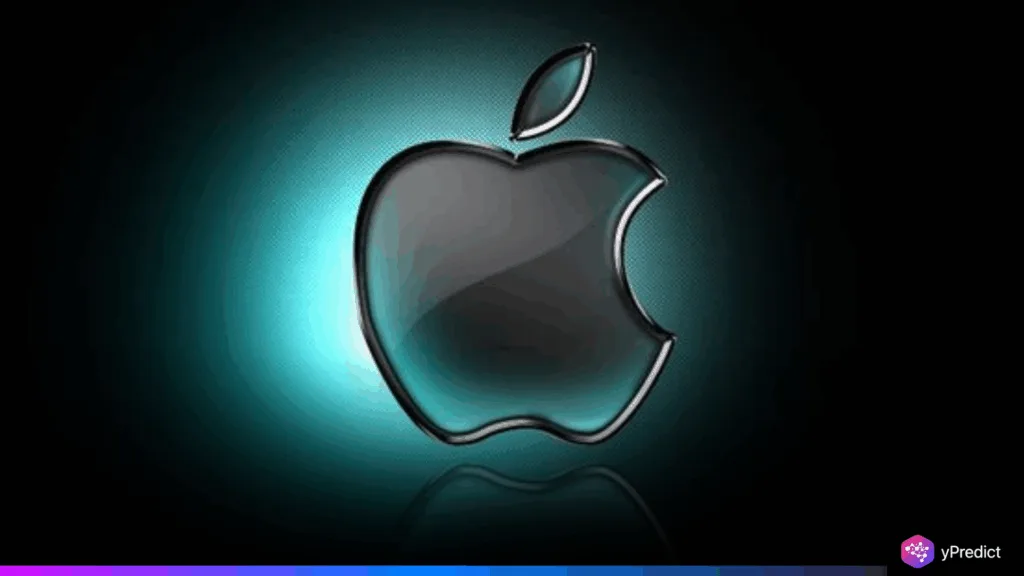
Apple’s latest AI strategy has raised serious concerns. The company now only connects ChatGPT on iPhones to Siri and Apple Intelligence. There are no options for Grok, Anthropic, or any other AI assistant. Additionally, this action has garnered attention under antitrust law and may resemble earlier cases against Google and Microsoft.
Experts warn that Apple’s approach may lead to a significant legal battle under the Sherman and Clayton Acts. This is among the crucial tests for AI competition because regulators like the FTC and DOJ are monitoring it.
Could Apple AI Monopoly Invite Antitrust Scrutiny
Apple’s decision to only integrate ChatGPT on iOS effectively shuts out competitors. Platforms like Claude and Grok are not included. Additionally, experts warn that this strategy might violate the Sherman Act, which forbids monopolization. The Clayton Act also applies to exclusive agreements that restrict competition. Thus, legal experts think that the US may soon see regulatory action due to Apple’s closed ecosystem.
Antitrust Law Lessons From Tech Giants’ History
Past instances provide obvious parallels. Microsoft’s 1990s bundling of Internet Explorer resulted in an important antitrust ruling that altered tech regulation. Google was also under fire for its Android default search agreements. As a result, both conflicts led to severe penalties and structural adjustments.
Apple may be subject to similar legal consequences if it keeps up its Apple AI monopoly. Furthermore, the FTC Act complicates Apple’s position. It forbids unfair competition practices, which regulators might contend are relevant in this case. Additionally, it seems that third-party developers lack equal access, and consumer choice is limited. Thus, these elements support a potential antitrust challenge that might take years to resolve.
Apple AI Monopoly Could Reshape Global AI Market
Apple may be compelled to permit other AI assistant integrations on iOS if regulators step in. This shift could alter how big tech firms approach AI partnerships. Additionally, as worries about global competition increase, pressure from international regulators is also likely. To avoid platform dominance, developers are already indicating that open access is necessary. Additionally, this case might establish a lasting norm for global AI governance.
Legal Pressure May Force Apple To Open Access
Apple’s restrictive AI strategy is coming under increasing ethical and legal scrutiny. The idea of open competition is violated when users are restricted to a single assistant. Furthermore, the company’s dominant position in mobile ecosystems makes these problems worse. Previous enforcement actions indicate that regulators will act without hesitation. If it doesn’t change, Apple could face fines, legal action, and a drop in consumer trust in the AI market.






